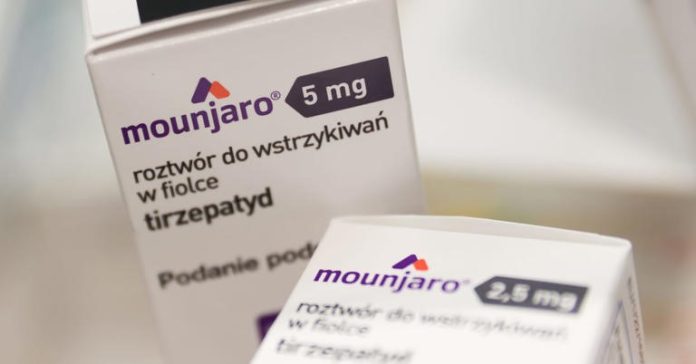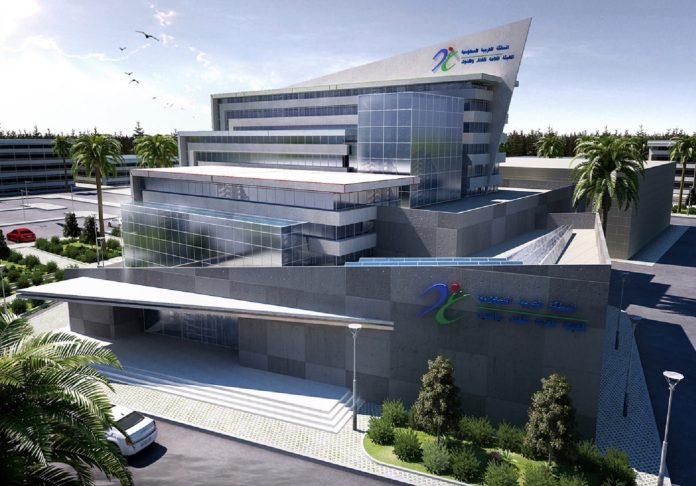Celcuity’s triple drug combo tops AstraZeneca’s treatment in breast cancer trial
Celcuity (CELC.O), opens new tab said on Monday its experimental combination treatment delayed the progression of a type of advanced breast cancer in a late-stage study, sending the biotech firm’s shares surging to a record high.
The drug, gedatolisib, in combination with Pfizer’s (PFE.N), opens new tab Ibrance and AstraZeneca’s (AZN.L), opens new tab endocrine therapy Faslodex, reduced the risk of disease progression or death by 76%, compared to Faslodex alone in previously treated HR+/HER2- advanced breast cancer patients.
Keep up with the latest medical breakthroughs and healthcare trends with the Reuters Health Rounds newsletter. Sign up here.
HR+/HER2- breast cancer accounts for about 70% of all breast cancers.
The study showed “unprecedented results”, Leerink Partners analyst Andrew Berens said. Gedatolisib could become a new standard of care as a second-line treatment in breast cancer, especially in the community settings, Berens said.
Celcuity’s triple combination treatment helped patients live for an average of 9.3 months without progression of the disease, compared to about two months with Faslodex.
Gedatolisib belongs to a class of drugs called PAM inhibitors, which include Novartis’ (NOVN.S), opens new tab Afinitor and AstraZeneca’s Truqap.
Celcuity projects revenue potential of $5 billion for the treatment in the second-line treatment setting.
The treatment was better tolerated in the late-stage trial than a previous early-stage study, with lower rates of high blood sugar and inflammation in the tissue lining the mouth, the company said, without offering further details.
The study also showed that a double combination of gedatolisib and Ibrance increased survival without progression of the disease in patients by 7.4 months on average, compared to about two months with Faslodex.
Celcuity plans to report full results from the late-stage study and data from a separate trial in patients whose tumors had alterations in some genes later this year.
It expects to apply for U.S. marketing approval in the fourth quarter.
Shares of the Minnesota-based firm more than doubled to $38.02 in early trading.











